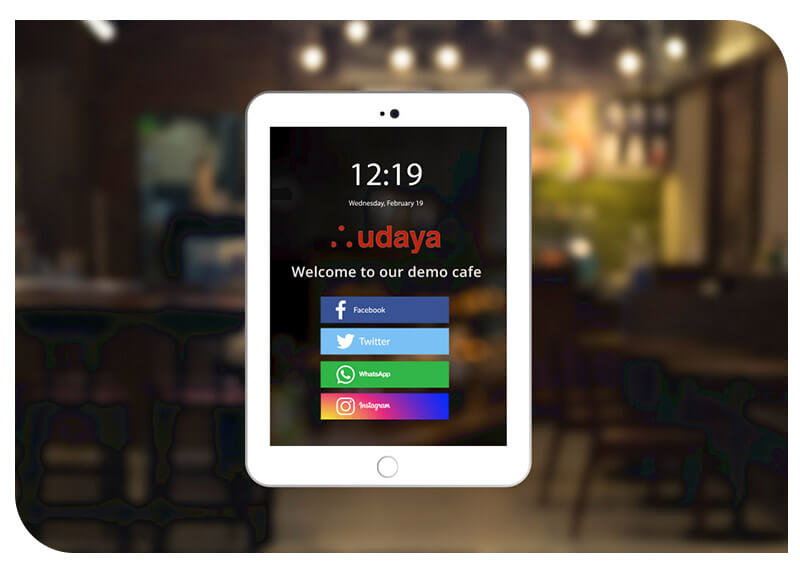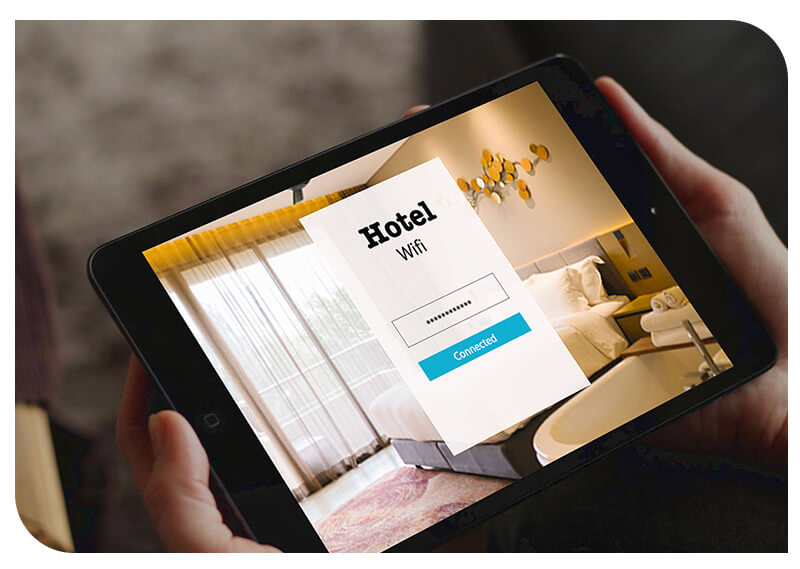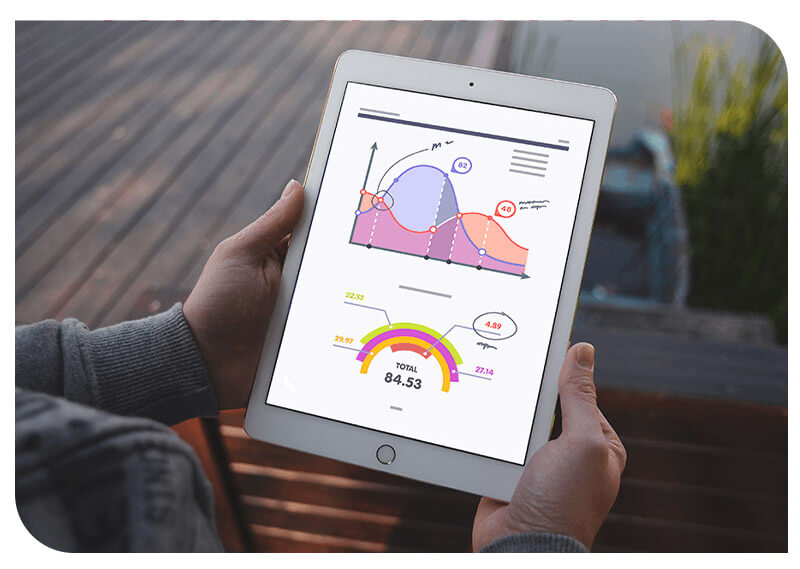Hotel and resort visitors expect to find complimentary Wi-Fi access during their stay, so hospitality businesses must incorporate this benefit into their offerings to give customers what they want and need.
On the surface, it might seem like offering free Wi-Fi to guests at hotels and resorts is just a way to please guests who expect to have this amenity. But when you dive deeper into what is possible with Wi-Fi marketing in the hospitality industry, you find that this tool serves hotel management just as much, if not more, than guests. It’s a win-win for everyone involved.
Wi-Fi marketing in the hospitality industry gives hotels many smart ways to improve their business. Here are a few ways that a hotel can benefit by giving free Wi-Fi access to their guests.
Collect Demographic Data on Guests
When you use Wi-Fi marketing, you have options for how you require guests to sign up to access the service. You can create your own login system, or you can sync with Facebook and enable guests to sign up using their Facebook accounts.

The benefit of using Facebook as a log-in source is that when guests sign in via this method, you get access to troves of customer data. You can learn about guest demographics, interests, and even spending habits. This data can provide valuable insights as you strive to learn about your customer base and craft messages that will be most likely to resonate with them.
Share Marketing Messages on Login Splash Pages
A large portion of guests use free Wi-Fi when it’s offered at a hotel. That means most guests will visit the designated Wi-Fi splash landing page to enter their information and log in. Knowing that most of your guests will visit this specific landing page gives you the opportunity to market and connect with audiences on this page.

You can design this page to share important information about your property and highlight upcoming events and time-sensitive details. You can also use this page market to guests and promote offers, up-sells, and paid on-property amenities. It’s a prime place for sharing essential details and deals.
Promote Using Personalized Page Redirects
Once guests use your login landing page, you can use their data and guest profile information to set up page redirects so they are sent to a new landing page personalized just for them.
For example, if the guest has stayed at your property more than once, you can send them to a page about your customer loyalty program. Or, if the guest is staying with you for the first time, you can send them to a page that offers a virtual tour of the location. The personalized approach improves customer experience and gives you an opportunity to engage in more targeted marketing.
Track Foot Traffic on Your Property
A feature of Wi-Fi marketing in the hospitality industry that many businesses don’t know about is the tool’s ability to track users as they move around a location. When guests log in to free Wi-Fi via their mobile devices, the system can track where the user is on the property.

This information can be used to create heat maps that show you where guests spend the most time on your property. It can also offer insights into guest habits. You can see what parts of the property guests use most, what areas they ignore, how long they wait for amenities, and even if they take the wrong routes to rooms. All of this information can be used to improve your operations process, optimize your on-site digital wayfinding, and develop ideas for changes to on-site amenities.
Create Guest Profiles and Track Brand Engagements
When guests log in to Wi-Fi marketing, you can also set up a system that creates a profile for them. This profile may include information pulled from the user’s Facebook page or connect with other supporting data systems that add details to their profile. It can include information about the user’s engagement with the hotel, tracking how long they stay, how often they visit, duration of time between stays, etc.
With Wi-Fi marketing, you can also require an email address or phone number for users to sign up, which gives you a way to remarket to guests at a later time. You can then use details from the guest’s customer profile to determine what messages would best resonate with them based on their interests, habits, and engagement with the hotel property.
